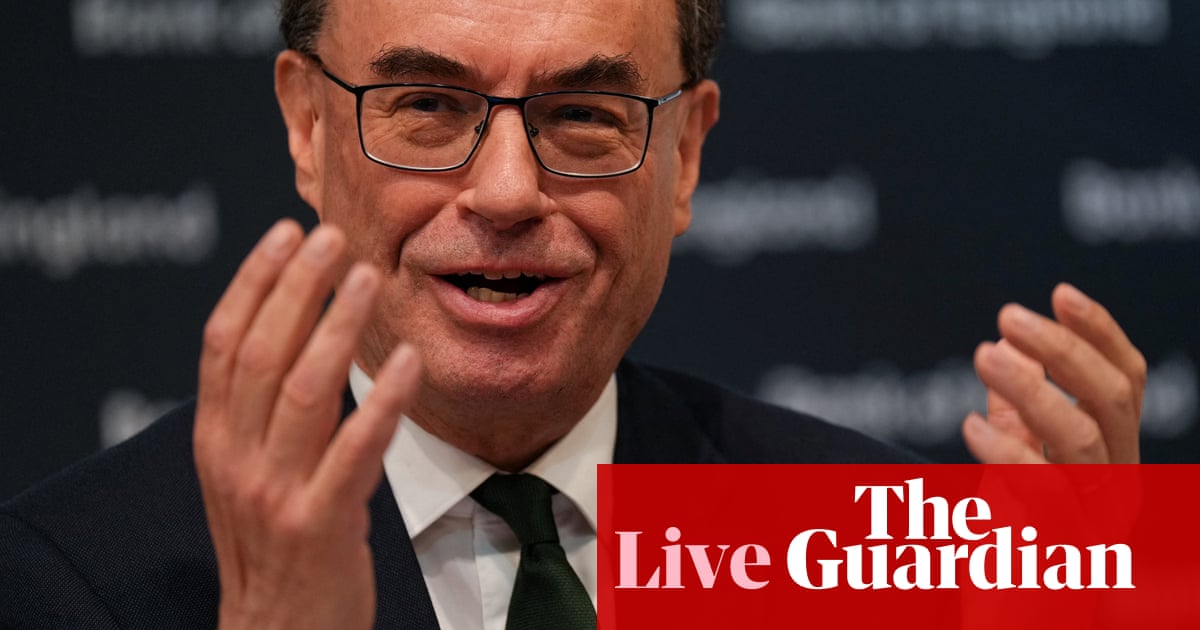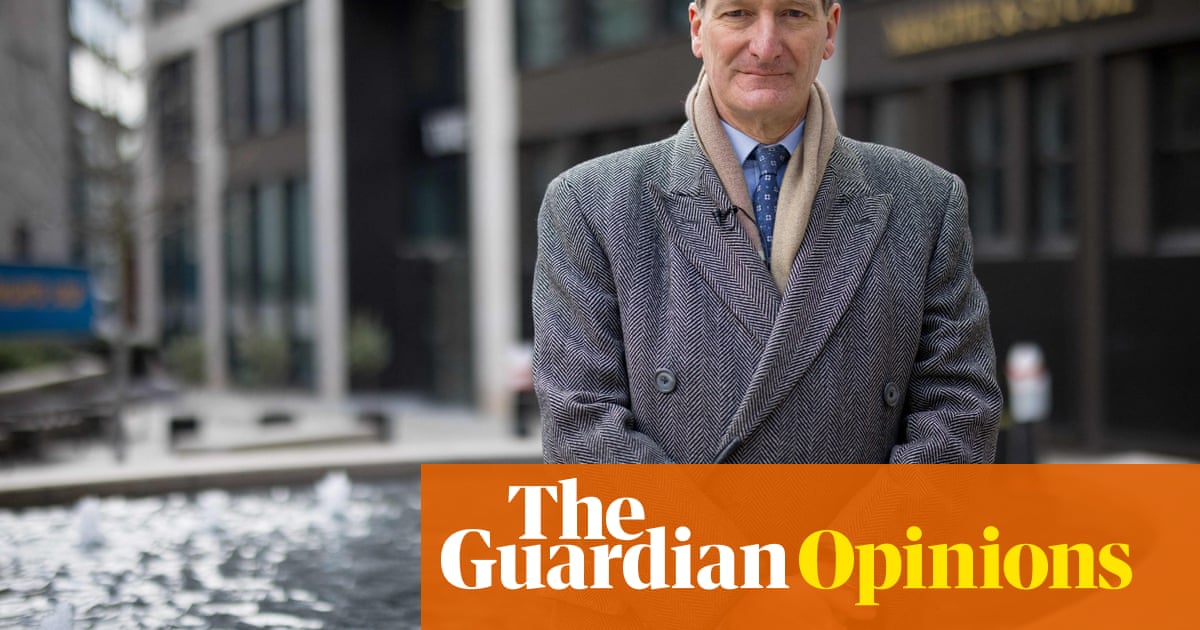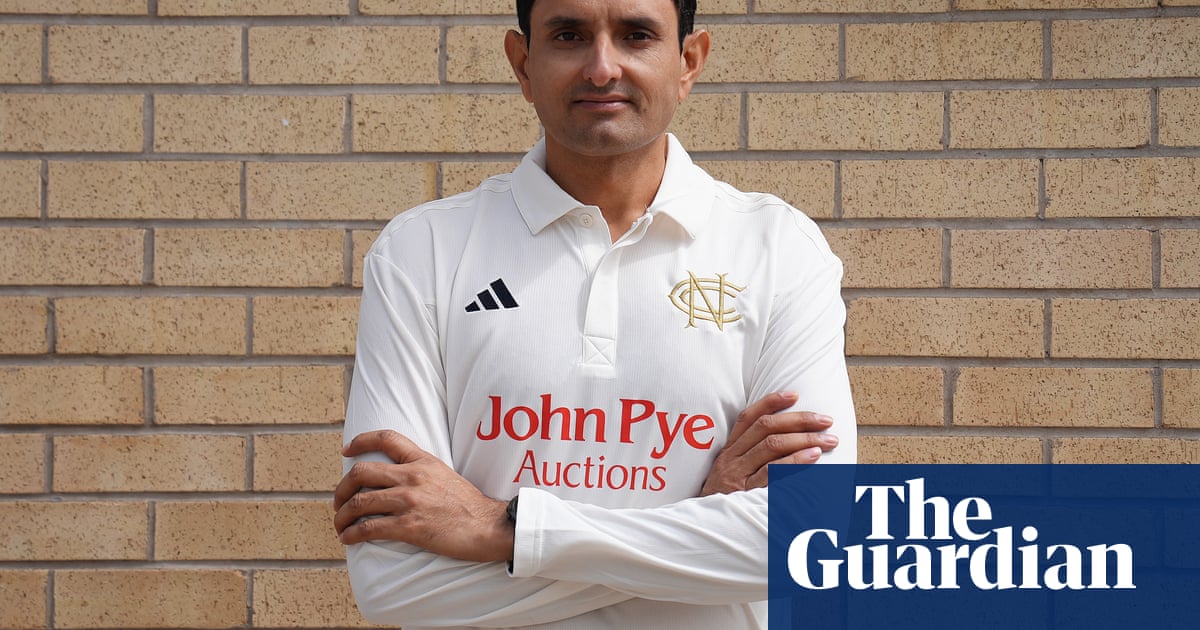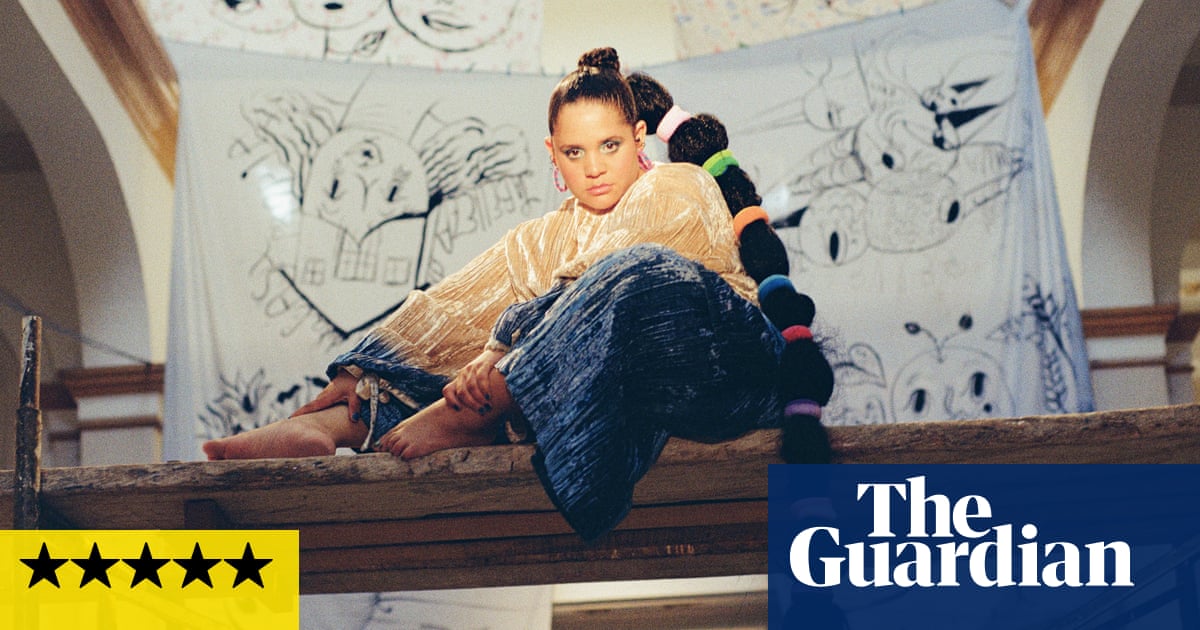How should we as a society interact with one another, debate, come to decisions? What impels politicians to focus and act on one thing and not another?
The Athenians had the Agora, where (male, slave-owning) citizens gathered to debate and decide the issues of the day. In the early 20th century, John Reith envisioned the BBC, in a most patrician way, as a space where the nation could come together to enhance the (supposedly) British values of democracy, reasonableness and debate.
And now we have Elon Musk, a South African-Canadian-American billionaire who treats our political arena like a video game he can casually play around with while hanging out at Donald Trump’s Florida country club. Last week he twiggled the joystick of his social media platform, X.
First he called the safeguarding minister, Jess Phillips, a “rape genocide apologist”, and accused the prime minister, Keir Starmer, of being “complicit in the rape of Britain”. Such slurs, amplified to 211 million followers, could have just been dismissed as noise. But they changed behaviour. The government hurried policies into action. The Conservatives demanded a national inquiry into grooming gangs despite failing to take action when they were in power. (Ignoring one for over a decade in power).
It’s not Musk’s only transatlantic intervention. Last summer he weighed in during race riots in England, asking why Starmer didn’t protect all races while his platform became a hive of fibs with far-right agitators incorrectly claiming that a refugee had killed local girls. What, or who, will he pick on next? He seems to be on a campaign to trigger new elections and get rid of the prime minister. How closely is he coordinating with Donald Trump, who won the US election with Musk’s money? Trump’s vice-president, JD Vance, has already mentioned that if European governments try to regulate Musk’s media in ways that don’t reflect American values, the US might reconsider its security guarantees.
After Musk’s interventions, Starmer expressed dismay at the “misinformation”. But this just scratches the surface of the issue here. There have always been lies in our political lives. The internet does not introduce new types of speech. What is new is the technology: the systems of targeting, scaling, amplification, sucking your data and manipulating your every vulnerability. The real question is whether we can make the technology that has upended our national conversation work for democracy. Is our modern Agora functional?
It’s worth glancing back at what we mean by the spongy, ill-defined idea of a democratic “public sphere”.
The German philosopher Jürgan Habermas romanticised 18th-century Britain as one of the public sphere’s modern birthplaces. When the royal court retreated as the place where decision-making happened, he argued, a new bourgeoisie emerged that debated politics and insurance markets in coffee shops, formed civic groups, read pamphleteers and influenced new political parties. This was an elite idea of the public, more a slice of society than a full sphere. As newspapers emerged it was further distorted by press barons bending the agenda of the day to meet their needs.
Reith’s vision of the BBC was meant to balance that with, as he wrote in his memoirs, “the leader talking directly to the ear of the rustic … the facts of great issues, hitherto distorted by partisan interpretation, now put directly and clearly before them; a return to the city state of old”.
What emerged was an ecology of partisan, not always accurate newspapers, each meant to articulate a different social identity, whose journalists would then gather together on “fair” and “balanced” radio and television as avatars of different opinions and interests.
As a method of helping over 50 million people who never met each other mediate the national debate, it had advantages. After all, we no longer live in literal city states where all the citizens can speak to one another. We have collective representations of ourselves – organisations, media figures, parties – that claim to articulate our identities and interests. But this old system also shut out multiple voices.
When the internet first appeared it seemed people would be able to represent themselves more directly. The early blogs were like 18th-century pamphlets, but now anyone could write and you would engage with them directly. And it was global too – the promise of a worldwide digital Agora seemed possible.

Then social media changed all that. A few men seized control of that slightly vomit-inducing word, “the feed”. Suddenly you weren’t engaging with the ideas of others directly. Instead, some algorithm behind a curtain was dictating, for reasons you would never know, what you saw, when, and in what amount. Your own likes, fears, desires were being constantly analysed and then manipulated without you knowing. You were personally being sucked into an online crowd, with no understanding of why you were seeing one thing and not another, whether it was being pushed by a real person or a troll-farm.
The lords of the algorithm dictate not just headlines but your sense of time, place, the destiny of your desires. For Mark Zuckerberg, how we see the world seems largely to be driven by short-term profit. With Musk, as my Johns Hopkins University colleague Henry Farrell writes, it seems more to do with his personal kinks. Sometimes, as one witty observer told me, Musk seems like a weird descendant of Cecil Rhodes, rebuilding a right-wing English-speaking empire on social media. Born in South Africa, of Canadian-English heritage, he can never be president of America – but he can try to dominate digital dominions. Whatever drives Musk, X users are all becoming dramatis personae in his obsessions. And so, now, is parliament.
The “public sphere” was always a messy, semi-mythical idea, but even as an aspiration it now can seem distant. For where we might be headed, glance at America, where Musk’s antics are just everyday Maga politics; where whipping up online, conspiracy-fuelled mobs is common. Election officials who didn’t agree that the 2020 election was rigged against Republicans have been hounded horribly. National and local print media, which were meant to be the mainstays of more Reithian values, are largely bankrupt.
It seemed billionaires such as Jeff Bezos would save a couple of famous newspapers. But tycoons have business interests that depend on government. The worry is they will sacrifice editorial independence to make sure government treats them well. It’s a trick Erdoğan in Turkey and Viktor Orbán in Hungary learned long ago: you don’t need to take media over, just incentivise their owners to play nice. That approach looks not impossible in the US after the Washington Post pulled cartoons criticising the incoming government and its owners.
Meanwhile, reality has become so fractured it’s no longer entirely clear if democratic processes, built for a different information age, can still deliver effective government. Dictatorships are loving it – Russia and China point out that democracies have become too messy to make up their collective minds. Instead, they argue, the digital age is much better suited to dictatorship. Centralise all the data, give up all your privacy, and then let the leader use tech to decide how to design the ideal city, choose the best policy. At the end of the official show celebrating the 100th anniversary of the Chinese Communist party in Beijing, a huge “5” floated down from the roof of the theatre: it stood for 5G rather than the 5-year plan.
If it’s any consolation, there was a similar panic at the start of the 20th century too. Back then the grand American columnist Walter Lippmann decided that modern society was too complex, media too distorted, the public too easily manipulated to trust democracy. A small technocratic elite should control things. Instead, a mix of laws safeguarding freedom of speech, the emergence of a concept of “objectivity” in US media and messy pluralism still turned out to be a more effective way of organising ourselves than centralised decision-making.
How can those ideas be updated for a very different landscape? Let’s start with regulation. Musk is continually claiming he is a free speech champion, a warrior against “censorship”. Since Trump’s victory, Zuckerberg has ceased collaborations with fact-checkers and says Facebook is going back to “roots around free expression”. He hopes the US government will support his company against governments that try to impose “censorship” (he appears to mean other democracies rather than dictatorships). Maria Ressa, the Filipino Nobel peace prize-winning journalist who was smeared, threatened and had her reputation nearly destroyed by government-allied troll farms, worries that this “free speech” actually means enabling the powerful to destroy their critics.
after newsletter promotion
The social media platforms’ claims to support freedom of speech are specious. Just before he decided to attack Starmer, Musk was caught in a domestic scandal. When Maga influencers attacked him due to his support for a certain type of immigrant visa, X seems to have been suppressing their accounts.
Freedom of speech also means the right to receive information. And currently social media companies operate from behind a curtain. The answer is a radical transparency that demands more information about how they function. Are they suppressing certain points of view – and if so why? Are they curbing or indeed encouraging orchestrated campaigns to subvert electoral integrity? Are they doing anything to restrain, or encourage, violent riots? What are they doing to protect children from sexual grooming?
For this, independent researchers need access to data from the companies. This is stipulated in the new EU laws, but not in the US. There is a growing transparency divide between Europe and the US – but it is America that has less freedom of speech in this sense. And that gives citizens less choice and agency to understand what they see and how – all is controlled by tech CEOs.
Regulating single pieces of speech online is hopeless and often wrong unless they fall under existing illegality. But I, as a citizen, should have the right to know why I’m seeing one piece of content and not another, how my data is being used to manipulate me and by whom. I should know if my children are being protected online, and whether social media companies are doing anything, or are indeed encouraging, the subversion of my vote.
Until the curtain around how the Musks and Zucks operate lifts, we are a society operating in the dark, influenced and shaped by forces we cannot see.

But regulation can only do so much when it comes to speech. We need to support the creation of other platforms that are designed not to amplify lies and hate, or to just suck our personal data and sell us things, but to promote a better conversation. Google has recently come up with what it calls a “Habermas machine”, an AI-driven tool that reaches compromise between contending arguments. This may somewhat miss the point – which is to get people to go through the process of discussing and reaching a consensus. It’s the process that is just as important as the result.
But it is true that we can create online town halls that are not designed to maximise online mobs, but to encourage more constructive conversation and where the rules of how we interact are transparent.
Eli Pariser, the founder of Avaaz, encourages thinking of the internet as a city. At present we have commercial spaces, Facebook is a sort of mall where you are consumer and product. We have the violent backstreets where algorithmic gangsters control everything, boosting who sucks up to them and punishing others. But where are the internet versions of public spaces: the speakers’ corners; town halls; libraries? In Europe and the UK, where there is a tradition of successful public service media already, they could be publicly funded. In the US the academic – and inventor of the pop-up ad – Ethan Zuckerman has suggested a special tax on for-profit social media companies to fund civic ones.
And finally we need a new type of journalism that tackles the popularity of disinformation and conspiracy theories in the first place. We spend a lot of time worrying about the supply side of disinformation and conspiracy theories, and not why people are drawn towards them in the first place.
When I have researched conspiracy theories I’ve found they are connected to people not feeling they have a sense of agency and community. Social media conspiracy communities give them a twisted, ersatz one that ultimately serves the interests of the ringleaders. Instead you need a journalism that intervenes earlier. Jeff Jarvis, the former head of journalism at City University of New York, proposes we rethink journalism from being purely about communicating facts, and more as a social service that responds to people’s frustrations and sense of abandonment.
It means reorganising how you think about what stories you cover, and how you evaluate their impact: simply getting clicks won’t do. There’s an echo of the 18th century idea of the public sphere. Media becomes less about ‘objectivity’ and more about helping effect change. That doesn’t mean the older form of journalism goes away, but new forms are needed too. You cannot just regulate your way out of nasty Musk-media in a democracy. We will have to compete.
Peter Pomerantsev is author of How to Win an Information War: The Propagandist Who Outwitted Hitler

.png) 3 months ago
40
3 months ago
40













































